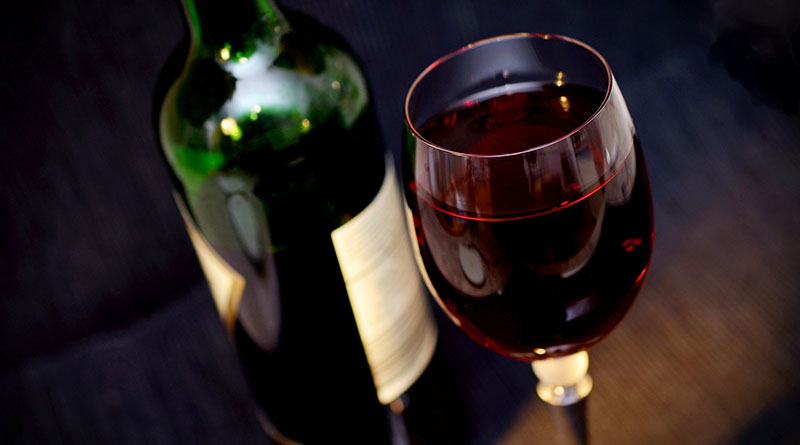Wine Industry Demands Government Support for Hospitality

Almost half (44%) of people will order wine when they next visit a restaurant
Pub and restaurant owners, the wine sector and politicians have united to call on the Chancellor to cut excise duty on wine, extend the temporary hospitality VAT cut introduced last year to March 2022, and to broaden it to include sales of alcoholic drinks in the upcoming March Budget.
With most pubs now serving food, wine sales are critical to the survival of the whole hospitality sector. New research from Wine Drinkers UK (WDUK) reveals that of those who drink alcohol, more than two in five (44%) say they would be most likely to order wine with their meal in a restaurant, beer is second (28%) and spirits such as gin come next at 16%. Women are almost twice as likely to choose wine than men (58% versus 31%). The same research also found a third (32%) of UK adults who drink alcohol say wine is their favourite alcoholic drink.
WDUK says the government must reduce the tax burden on wine businesses, support the hospitality sector and comprehensively reform the UK’s alcohol taxation regime in the medium term to make it simpler and fairer to wine and more attractive for business investment.
Wine critic Jancis Robinson OBE MW says: “Successive governments continue to act as though wine is still the elitist drink it was 60 years ago, they fail to realise that it is the drink of choice for the majority of the electorate.”
Wine businesses in particular – the majority of which are SMEs – need additional support, for example by encouraging consumer demand to return as the economy – including hospitality and the high street – reopens.
Annie Hartnell, Pub Owner of The Piltdown Man pub in Uckfield, East Sussex says: “The level of duty on wine is crazy. It limits what the hospitality sector can do and our ability to source from local wine makers. By the time we have added our own very modest profit margins, it becomes very expensive to the consumer. We could do so much more with lower levels of duty, especially after the pandemic, when we will effectively have to start again.”
Jonathan Chierchia, co-owner of Italian restaurant Frizzante Proseccharia says: “An increase in wine duty would be detrimental to pubs, bars and restaurants and the customers they serve. Small hospitality businesses such as mine possess less purchasing power than their larger counterparts. A hike in tax would be a further blow to businesses already fighting to survive.”
Tax rises on wine1 (39%) in the last decade has far outstripped those on beer (16%) and spirits (27%) although this isn’t commonly known or acknowledged among people who drink the good stuff. In fact, only 4% of all respondents surveyed correctly guessed the level of tax on a £5 bottle of wine is 61% (83p on VAT and £2.23 on Duty).
The campaign is gathering support across the industry ahead of the Budget on March 3.
Andrea Jenkyns, Conservative MP for Morley and Outwood in Yorkshire says: “I have seen how pubs and restaurants have been severely affected in my own constituency due to COVID-19 restrictions. The hospitality sector really needs all the support it can get if it is to emerge from the economic impact of lockdown.
“I would like to see measures brought in to help the industry, such as should lowering duty on wine to ease the financial burden on pubs and restaurants, and make it more attractive for people to come out and socialise again.”
